
Jia H. Jung
Reporter

Reporter
Jia H. Jung is a staff reporter for AsAmNews, where she has worked since September 2023. She is also a California Local Journalism Fellow. She reports on stories about and relevant to the Asian American, Pacific Islander, and Indigenous communities across the United States. In 2022, she earned a master’s degree from the Columbia University School of Journalism. She went on to freelance in Korea and the Philippines, producing work for the Korea Times, Atlas/Gastro Obscura, SAVEUR and Eastern Standard Times Media with support from the Pulitzer Center on Crisis Reporting. She also previously was a Li Center for Global Journalism Fellow at Honolulu Civil Beat.

Cambodian genocide survivors face PTSD, nightmares, and trauma, worsened by limited culturally responsive care. It was after Santa Clara County hired Cambodian genocide survivor Bophal Phen that culturally responsive care and practices were implemented to aid trauma healing.
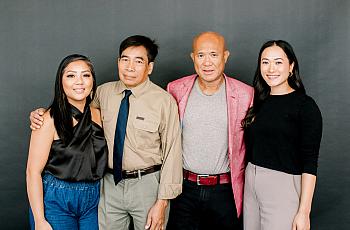
Genocide survivor Robert Chau and his daughter share healing stories on their podcast, preserving Khmer Rouge survivor narratives and fostering intergenerational healing.
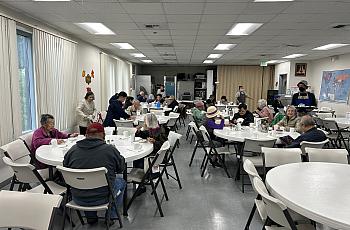
Santa Clara County addresses food insecurity among Asian seniors with culturally tailored meals, boosting health and community through programs like Yu-Ai Kai, India Community Center, and vendor partnerships like Moonstar.
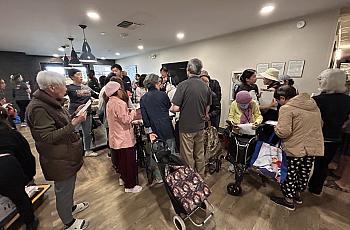
After being displaced by a fire, elderly Asian residents feel depressed and isolated as they struggle to access basic necessities in their temporary accommodation far from familiar surroundings. Alerted to their situation by a Red Cross first responder, local community organizations intervene to bridge gaps in direct services, creating a model for rapid response in the event of an emergency that jeopardizes the well-being of underserved Asian seniors in the Bay Area.

Hazel Su is one of several hundreds who have migrated from Myanmar to the Bay Area to seek political asylum to resettle in the U.S. As an asylum seeker, Su is so focused on paying living expenses and helping family back home that she doesn't prioritize her own health. Despite learning about Medi-Cal covering people like her, Su finds that her options are too confusing to navigate and there are not enough community workers who can help.

Young adults 18 to 24 years old who are aging out of the foster care system face the risk of housing instability and homelessness. One in five foster youth become unhoused upon turning 18. Young Asians are further hampered because they are not seen as needing support. This is the story of a twenty-one year old Korean American woman who faced innumerable challenges in finding a stable home after leaving foster care.
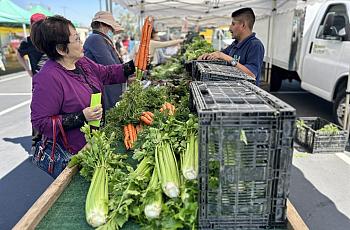
Food-insecure Korean seniors who have recently begun to access the benefits of Market Match — a program that has given low-income Californians access to fruits and vegetables at farmer's markets across California — could lose this crucial safety net as the governor works to close a multibillion-dollar deficit.
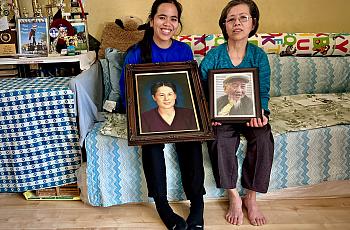
Cambodian and Khmer people remain largely excluded from studies, policy making processes, public messaging, and journalism because of the lack of disaggregated data highlighting their experiences. Erika Mey, born to parents who fled Cambodia during the Khmer Rouge genocide, is working to disaggregate data to understand the realities of Cambodian and Khmer people and to acknowledge their trauma.
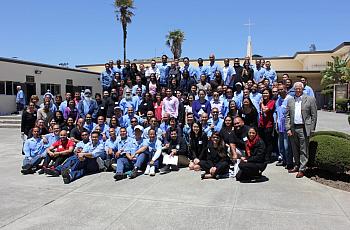
Ethnic studies programs create pathways to mental health recovery for incarcerated Asian and Pacific Islanders by helping them connect to their history and identity.
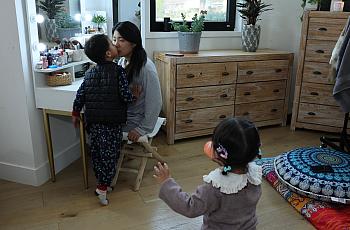
In California, diagnosis of PPD has increased dramatically in Asian communities. Against a backdrop of high rates of C-section interventions, there are few culturally competent birthing and postpartum professionals, and lower awareness of how to access the resources that exist.